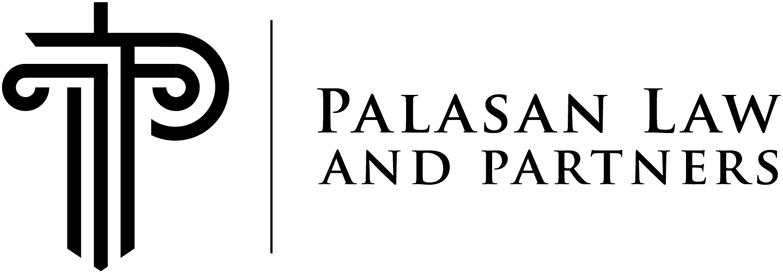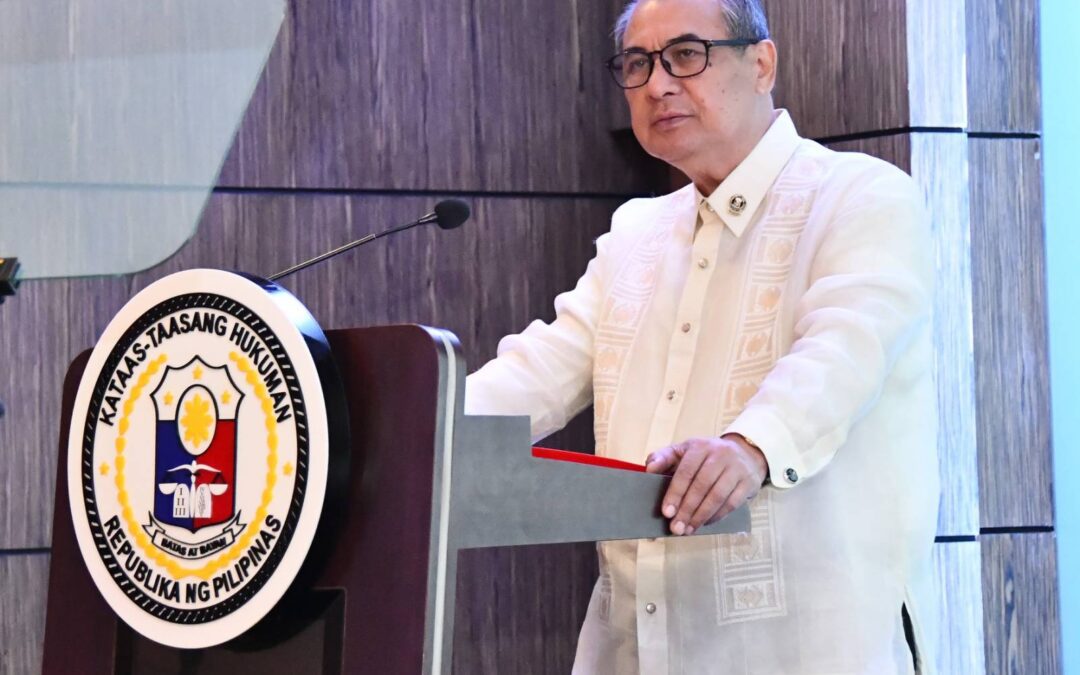Chief Justice Alexander G. Gesmundo led the Supreme Court in a three-day Dialogue on the Proposed Judicial Rules on Anti-Terrorism and Counter-Terrorism Financing Cases held in Mandaue City, Cebu on May 3-5, 2023.
The Dialogue aims to provide an opportunity for the Supreme Court to present and gather inputs from stakeholders on the Proposed Judicial Rules, for eventual consideration of the En Banc in its approval of the rules.
In his keynote speech delivered on the first day of the Dialogue, Chief Justice Gesmundo stressed the necessity for the Court to come up with a set of procedural rules in resolving cases on the anti-terrorism law.
Chief Justice Gesmundo recognized the need to allow a more proactive approach to security to effectively prevent terrorist activities especially with the rapid advancement in technology. He, however, stressed that security measures “must be done within the confines of the law, with proper checks and balances, to guarantee that there is no undue or excessive intrusion to our rights and freedoms.”
“True to its mandate, the Supreme Court is here to ensure that any measure in this regard will be based only on clear legal authority and must adhere strictly to proper procedure,” said the Chief Justice.
Following the keynote of Chief Justice Gesmundo, retired Chief Justice Reynato S. Puno gave a Presentation of the Framework, Structure, and Basic Concepts of the Proposed Judicial Rules.
Chief Justice Puno, Chairperson of the Supreme Court Ad Hoc Committee for the Formulation of the Special Rules of Procedure on Anti-Terrorism Cases, emphasized that the Philippines’ response to terrorism is defined “by the strictures of our Constitution.” Citing Article II, Section 2 of the 1987 Constitution, he added: “Our response to the call for suppression of terrorism has to interface with applicable international law, international human rights law, and interfere with international humanitarian law.”
He also imparted that “The essence of effective judicial protection calls for courts not to be laid back in the protection of constitutional rights. This transformation is sanctioned by our 1987 Constitution…our courts, especially our Supreme Court, can strike out any order or act—judicial, legislative, executive in nature—that constitutes grave abuse of discretion.”
Chief Justice Puno made it clear that in the Proposed Rules, that “there is no stage in the proceedings where the constitutional rights of a party are left unprotected, even when a party is excluded from the proceedings.”
The presentation of Chief Justice Puno was followed suit by several other sessions that, among others, include: “Presentation of Arrest and Detention without Judicial Warrant of Arrest Rules,” “Judicial Authorization of Surveillance Rules and Treatment of Classified Information Rules,” “Presentation of Designation and Proscription Rules,” “Application of International Anti-Terrorism Laws in Domestic Cases,” “Conceptual and Theoretical Foundations of Terrorism,” “Terrorism, Counterterrorism, and Human Rights,” “Investigating Suspected Terrorists and Case Build-up,” and “Judicialization of Intelligence” (including the kinds and use of Digital Evidence)” by the members of the Ad Hoc Committee and other legal experts.
Senior Associate Justice Marvic M.V.F. Leonen delivered the inspirational message on the third day to close the event.
The Dialogue was organized by the Supreme Court thru its Ad Hoc Committee for the Formulation of the Special Rules of Procedure on Anti-Terrorism Cases in partnership with the United Nations Office on Drugs and Crime, with support from the Australian Government, as well as The Asia Foundation. (Courtesy of the Supreme Court Public Information Office)

